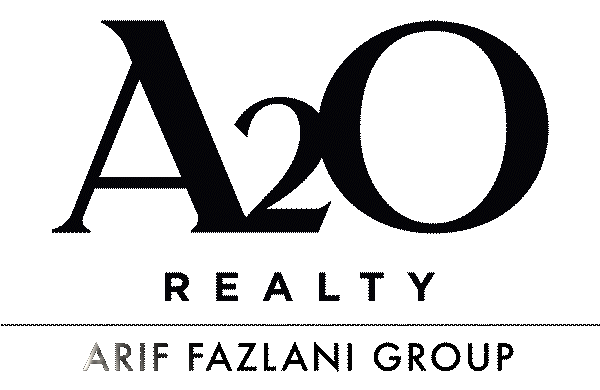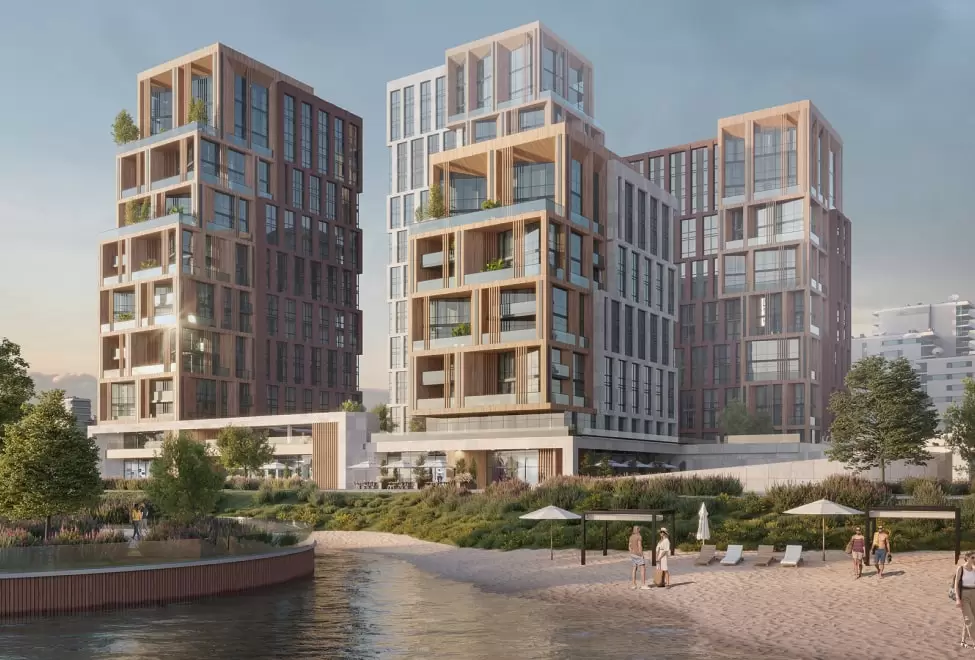Real estate development is a multifaceted field that encompasses a wide range of activities, from acquiring land to constructing and managing properties. At the heart of this complex process is the real estate developer, a key figure responsible for bringing projects to life. But what exactly does a real estate developer do? Let’s delve into their role and responsibilities.
**1. Identifying Opportunities:** One of the primary tasks of a real estate developer is to identify potential development opportunities. This involves conducting market research, analyzing trends, and assessing demand for various types of properties in specific locations. Developers must have a keen eye for spotting potential investment opportunities and understanding the unique characteristics of different markets.
**2. Acquiring Land:** Once a promising opportunity is identified, the developer must negotiate and acquire the necessary land or properties for the project. This may involve purchasing land outright, entering into joint ventures, or negotiating long-term leases. Developers must navigate complex legal and financial considerations to secure the required land rights.
**3. Securing Financing:** Real estate development projects typically require substantial financial investment. Developers play a crucial role in securing financing for their projects, whether through traditional lenders such as banks, private investors, or through equity partnerships. They must develop comprehensive financial plans and investment strategies to fund the development process from start to finish.
**4. Planning and Design:** Real estate developers work closely with architects, engineers, and other professionals to plan and design the development project. This includes creating site plans, conceptual designs, and obtaining necessary permits and approvals from regulatory authorities. Developers must ensure that the project meets zoning regulations, building codes, and other legal requirements.
**5. Construction Management:** Once the planning and design phase is complete, the developer oversees the construction process to ensure that the project is executed according to plan, budget, and schedule. This involves hiring and managing contractors, coordinating logistics, and addressing any issues that arise during construction. Developers must maintain quality control and ensure that the project meets the highest standards of craftsmanship and safety.
**6. Marketing and Sales:** As the project nears completion, the developer is responsible for marketing the properties to potential buyers or tenants. This may involve developing marketing materials, hosting open houses, and engaging with prospective clients to showcase the features and benefits of the development. Developers must negotiate sales or lease agreements and manage the transaction process through to closing.
**7. Asset Management:** Even after the project is completed, the developer’s work is not done. They are often responsible for managing the property and ensuring its long-term success. This includes overseeing property maintenance, addressing tenant or homeowner concerns, and maximizing the property’s value through strategic asset management strategies.
In essence, a real estate developer is a visionary, entrepreneur, and project manager rolled into one. They play a critical role in shaping the built environment, transforming ideas into reality, and driving economic growth through the development of residential, commercial, and mixed-use properties.







